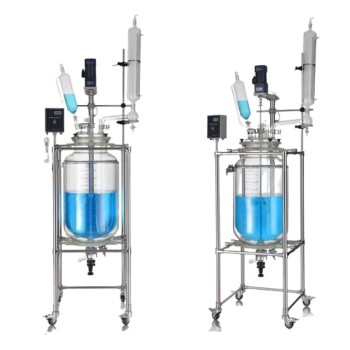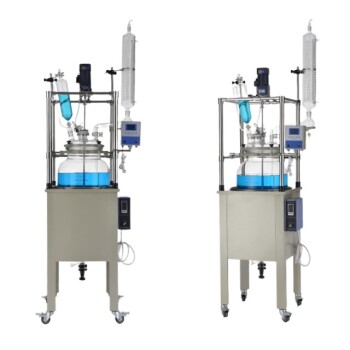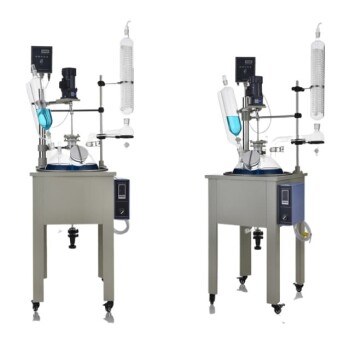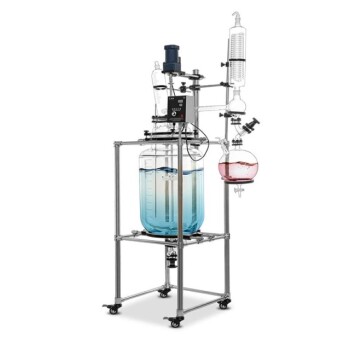The distillation process is a versatile separation technique used across various industries to produce a wide range of products. By heating a mixture to separate components based on their boiling points, distillation can yield purified substances such as diesel oil, THC distillate, distilled water, alcoholic beverages, perfumes, food flavorings, and even purified gases like nitrogen, oxygen, and argon. The process is essential for applications ranging from fuel production to water purification, chemical synthesis, and food and beverage manufacturing. Below, we explore the key products and applications of distillation in detail.
Key Points Explained:

-
Diesel Oil Production:
- Distillation is a critical step in refining crude oil to produce diesel fuel. The process separates hydrocarbons based on their boiling points, resulting in a clean, transparent, and odor-qualified diesel oil. This purified diesel is essential for transportation and industrial machinery.
-
THC Distillate:
- In the cannabis industry, distillation is used to produce highly pure THC (tetrahydrocannabinol) distillate. This process involves heating cannabis extracts to isolate THC, which is then condensed into a concentrated form. The purity and production capacity depend on the equipment used, such as short-path distillation setups.
-
Water Purification:
- Distillation is widely used to purify water, particularly in desalination processes to convert seawater into drinking water. Distilled water is also essential for applications like lead-acid batteries and low-volume humidifiers, where impurities must be minimized.
-
Alcoholic Beverages:
- Many fermented products, such as whiskey, vodka, and rum, undergo distillation to increase their alcohol content and remove impurities. This process enhances the flavor and quality of the beverages, making them suitable for consumption.
-
Perfumes and Food Flavorings:
- Distillation extracts essential oils and aromatic compounds from herbs, flowers, and plants. These extracts are used to create perfumes and food flavorings, providing distinct scents and tastes for consumer products.
-
Oil Stabilization:
- In the oil and gas industry, distillation is used for oil stabilization, which reduces the vapor pressure of crude oil. This makes the oil safer for storage and transportation by minimizing the risk of evaporation or explosion.
-
Gas Separation:
- Cryogenic distillation separates air into its primary components, such as nitrogen, oxygen, and argon. These gases are used in various industrial applications, including welding, medical oxygen supplies, and inert gas environments.
-
Chemical Synthesis:
- On an industrial scale, distillation purifies liquid products obtained from chemical reactions. This ensures the final products meet the required standards for use in pharmaceuticals, plastics, and other chemical industries.
Conclusion:
Distillation is a fundamental process that plays a vital role in producing a wide array of products essential to modern life. From fuel and water purification to beverages, perfumes, and industrial gases, distillation ensures the purity and quality of these products. Understanding its applications helps in appreciating its significance across diverse industries.
Summary Table:
| Application | Key Product | Industry |
|---|---|---|
| Diesel Oil Production | Purified Diesel Fuel | Transportation, Industrial |
| THC Distillate | Highly Pure THC Concentrate | Cannabis Industry |
| Water Purification | Distilled Water | Desalination, Batteries, Humidifiers |
| Alcoholic Beverages | Whiskey, Vodka, Rum | Food and Beverage |
| Perfumes & Flavorings | Essential Oils, Aromatics | Consumer Products |
| Oil Stabilization | Stabilized Crude Oil | Oil and Gas |
| Gas Separation | Nitrogen, Oxygen, Argon | Industrial, Medical |
| Chemical Synthesis | Purified Liquid Chemicals | Pharmaceuticals, Plastics |
Want to learn more about distillation applications? Contact our experts today for tailored solutions!

















